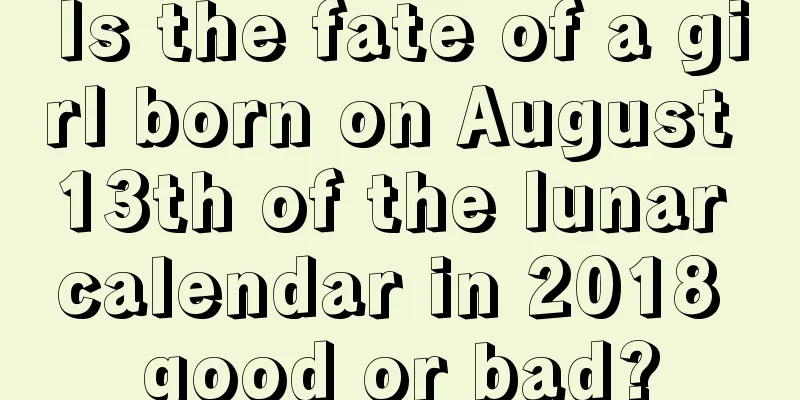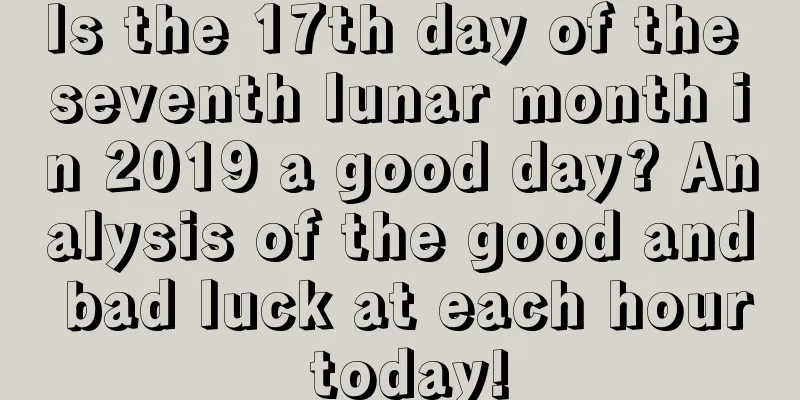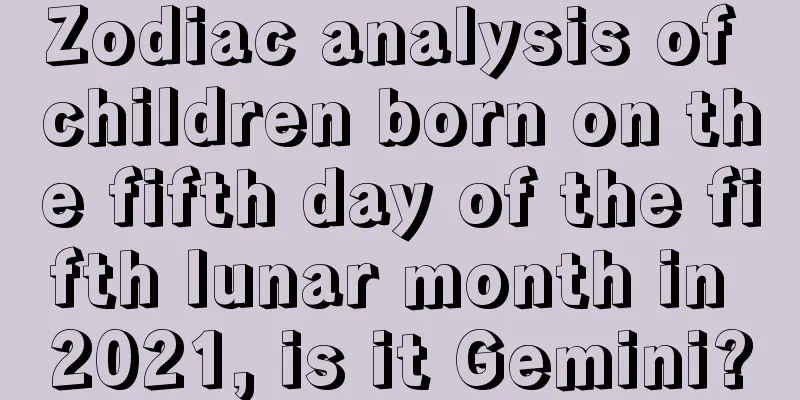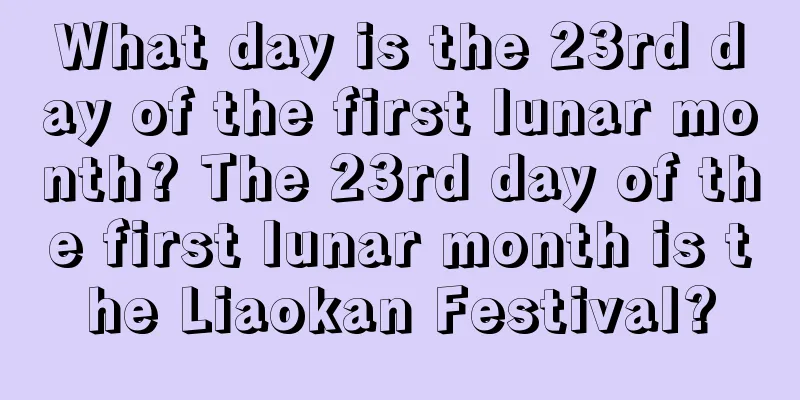A brief introduction to the origin of New Year's Day on January 1st in the Gregorian calendar, and the main festivals in January in the Gregorian calendar!

Dates are divided into the solar calendar and the lunar calendar. The solar calendar is the Gregorian calendar, and the lunar calendar is the lunar calendar. A brief introduction to the origin of New Year's Day on January 1st in the Gregorian calendar, and the main festivals in January in the Gregorian calendar! Some days are auspicious, while others are inauspicious. Predicting the auspiciousness and inauspiciousness of days in advance can help us avoid a lot of unnecessary troubles. Shuimoxiansheng.com has predicted the good and bad luck for each day of the twelfth lunar month of 2019. Come and pay attention.A brief introduction to the origin of the New Year's Day on January 1st in the Gregorian calendar《1》 originated from one of the Three Sovereigns and Five Emperors: Zhuanxu <br /> He took the first month of the lunar calendar as the beginning of the year and the first day of the lunar month as the day of the year. "Yuan" means the first and the beginning, and "Dan" means the sun rising from the ground. "Yuan" and "Dan" together mean that people should greet the new year with vigor and vitality."2" "Book of Jin" and "Jie Ya" record: The word "New Year's Day" first appeared in the poem "Book of Jin": "Emperor Zhuanxu took the first month of summer as the beginning, which was actually the spring of the New Year's Day." During the Northern and Southern Dynasties, there was a record in the poem "Jie Ya" by Xiao Ziyun of the Southern Dynasty: "Four seasons new New Year's Day, longevity in the early spring." 《3》The First People's Political Consultative Conference: On September 27, 1949, the First Plenary Session of the Chinese People's Political Consultative Conference resolved: "The People's Republic of China shall adopt the Gregorian calendar," which is what we call the Gregorian calendar. In order to distinguish the two New Years of the lunar calendar and the solar calendar, and in view of the fact that "Lichun" in the 24 solar terms of the lunar calendar falls around the Lunar New Year, the first day of the first lunar month was renamed "Spring Festival" and January 1 of the solar calendar was designated "New Year's Day." ——Dates of New Year’s Day in different dynasties: The Xia calendar of the Xia Dynasty took the first month of spring as the first month, the Yin calendar of the Shang Dynasty took the twelfth month of winter as the first month, and the Zhou calendar of the Zhou Dynasty took the eleventh month of winter as the first month. After Qin Shi Huang unified China, he took October in winter as the first month of the year, and the first day of October as New Year's Day. Starting from Emperor Wu of Han, the first month of spring was designated as the first month of the year, and the first day of January was called New Year's Day, which was used until the end of the Qing Dynasty. Major holidays in JanuaryIntroduction to Chinese and World Festivals in January:《1》 January 1st - New Year's Day 《2》 January 6th - China's 1.3 billionth Population Day 《3》 First Sunday in January - Black People's Day 《4》 January 8th - Anniversary of Zhou Enlai's death 《5》 January 21st - Anniversary of Lenin's death 《6》 Last Sunday in January - World Leprosy Day (International Leprosy Day) Chinese Festival Features: China's seasonal festivals, with the changes of the four seasons and the need for crop arrangements, have gradually formed a series of colorful festival activities, showing distinct agricultural cultural characteristics, which can be seen from the following festival activities. During the Spring Festival around New Year’s Day, people observe the wind and clouds, predict the weather, and predict the harvest or harvest of the year. When the Jingzhe Festival arrives in February, people have the custom of preventing pests and anticipating the harvest. |
<<: What gift should I give on Christmas Eve? What gifts are not allowed on Christmas Eve?
Recommend
Is the second day of February, when the dragon raises its head, a good day for changing luck? Does it mean a good harvest?
Dragon Raising its Head is a traditional festival ...
Is the Mid-Autumn Festival and National Day on August 15, 2020 suitable for travel?
Is the Mid-Autumn Festival and National Day on Aug...
Is it possible to get engaged on May 30th of the lunar calendar in 2022? How about getting engaged?
Choosing different times to get engaged has differ...
Is the 27th day of April in the lunar calendar in 2019 an auspicious day? What should we pay attention to today?
Introduction: Every day has its good and bad luck,...
Is the 16th day of the sixth lunar month in 2017 a good day? Is it appropriate to start construction on renovation?
Introduction: In our country, there is a custom th...
Is it a good time to open the market and do business on the 26th day of the 10th lunar month in 2017?
Introduction: The lunar calendar date of each of t...
Can a funeral be held on the second day of the fifth lunar month in 2022? Funeral, ok?
Choosing different times for funerals has differen...
What does the Winter Solstice mean and what is the difference between it and the Beginning of Winter? When should we eat dumplings during the Beginning of Winter?
Among the 24 solar terms, the Winter Solstice and ...
Is May 16th of the lunar calendar 2019 a good day to start renovations?
Renovating a new house is a big deal. Is May 16th ...
Is it a good time to travel on March 30th of the lunar calendar in 2021? Suitable days for traveling in March
The pros and cons of traveling at different times ...
What day is the first day of May in the lunar calendar in 2022? What is your zodiac sign if you were born on this day?
The fifth month of the lunar calendar has arrived....
Is it a good idea to travel far away on the fourth day of the fifth lunar month in 2018?
Chinese people have always had a special fondness ...
How many Valentine's Days are there in a year?
Introduction: Speaking of Valentine's Day, man...
What is the Chushu festival and what does it mean? How long will the heat last after the Beginning of Autumn?
The solar term Chushu marks the transition from ho...
Is it okay to move into new house on the 22nd day of the 12th lunar month in 2020?
According to traditional Chinese customs, auspicio...









